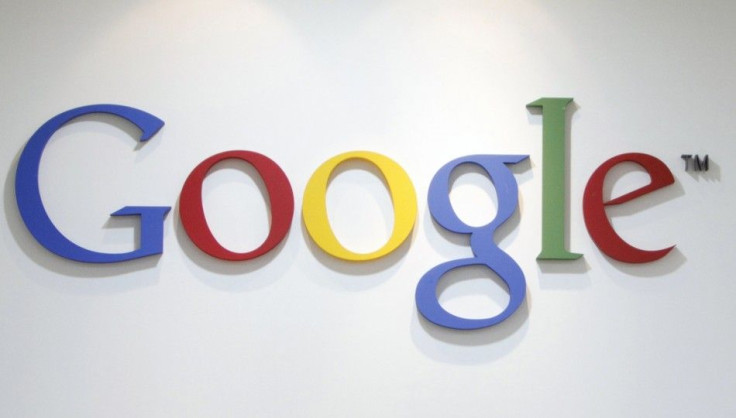What Does Google's $12.5 Billion Deal Mean to Motorola?

Google’s purchase of Motorola Mobility for $12.5 billion, with the purpose of acquiring the hardware company’s trove of 17,000 patents, has put the latter in an identity crisis.
While the acquisition clearly shows Google’s interest in gaining access to the patent warehouse to defend itself from rivals like Apple and Microsoft, Motorola’s future remains uncertain.
Industry analysts said Motorola could become a hardware laboratory for Google to strengthen its operating system, Android. Others say Google may wind up giving financial backing to Motorola to help it revive its flagging fortunes in Europe and Asia.
“The combination might make Motorola successful — again,” said Martin Cooper, who worked with Motorola for 30 years and developed the first hand-held cellphone.
According to NDP, which tracks end-point purchases, Motorola’s influence on the Android segment has waned, with its share of the Android market declining from 44 percent in the second quarter of 2010 to 22 percent in the corresponding quarter of 2011.
In the smartphone market, Motorola’s share dropped by 15 percent to 12 percent.
Leaving aside the interest for patent acquisition, it is surprising that Google is risking alienating other mobile phone manufacturers HTC and Samsung, who build some of the most popular Android smartphones and tablets.
Google's acquisition of Motorola shifts the balance of power in the handset patent conflict between Google and its operating system competitors, said Ross Rubin, executive director of industry analysis for NPD. Android's momentum has made for a large pie that is attractive to Motorola's Android rivals, even if they must compete with their operating system developer.
Kevin Smithen, an analyst at Macquarie Capital, said Google might eventually sell off the phone and set-top businesses. Motorola would be “pared down if Google goes in that direction,” he said.
Motorola is now fighting a patent war after Microsoft asked the U.S. International Trade Commission to bar it from the U.S. market. It charges Motorola’s Android–based smartphones have infringed on nine patents related to syncing e-mail, calendar, and contacts, and notifying applications about changes in signal strength and battery power.
© Copyright IBTimes 2024. All rights reserved.











